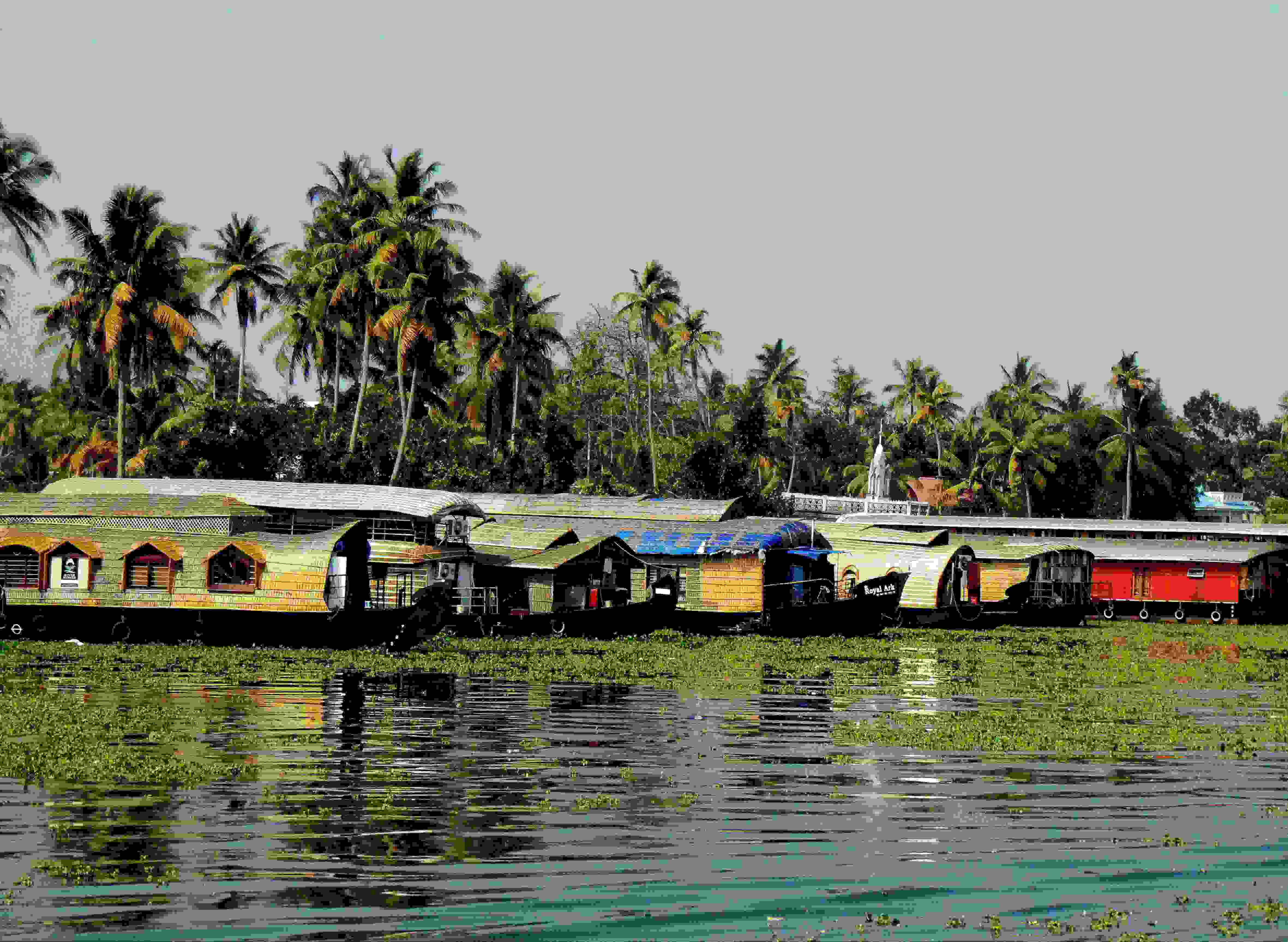Every innovative idea comes in our mind while thinking. To persue an idea and give it a shape, we need to do a lot more than only thinking. We need to decide how to work on that idea and produce what we actually thought.
The first thing required to start a project is forming a group who are willing. Then the idea will be thoroughly discussed among the peers. Several suggestions will help o create and plan better versions of the idea previouslt thought by one.
Then comes the planning and finding effective solutions for the viability and efficiency of the project to be done. Every member of the group will have a different view towards the problems and hence will provide various solutions. The objective is to combine the best parts of everyone and come to a specific approach.
Without a team, these will never be possible. Only a fixed visualization of a particular individual will prevail. Several outcomes and possibilities will never be looked into if a single person does the same project. So, a team is as important as the idea. A team may or may not be perfect, but the work will be much more effective compared to the same work done by an individual.
No one can whistle a symphony. It takes a whole orchestra to play it.
As Halford E. Luccock said correctly, any important project work and plannig is like a symphony, it takes the whole team to make it feasible and viable.



